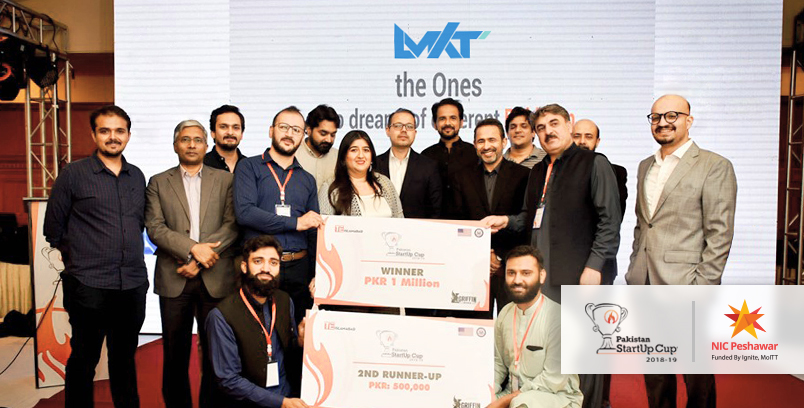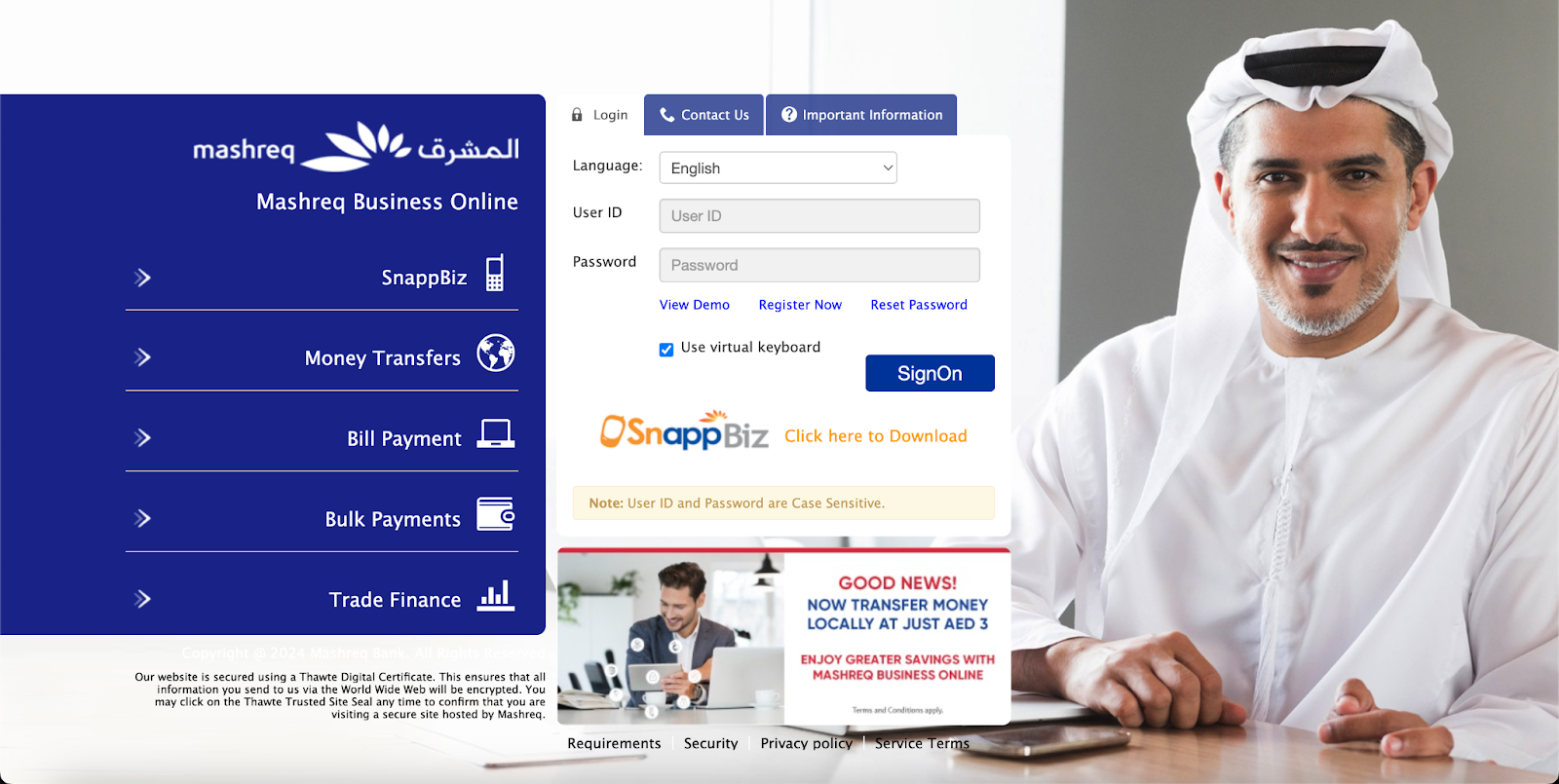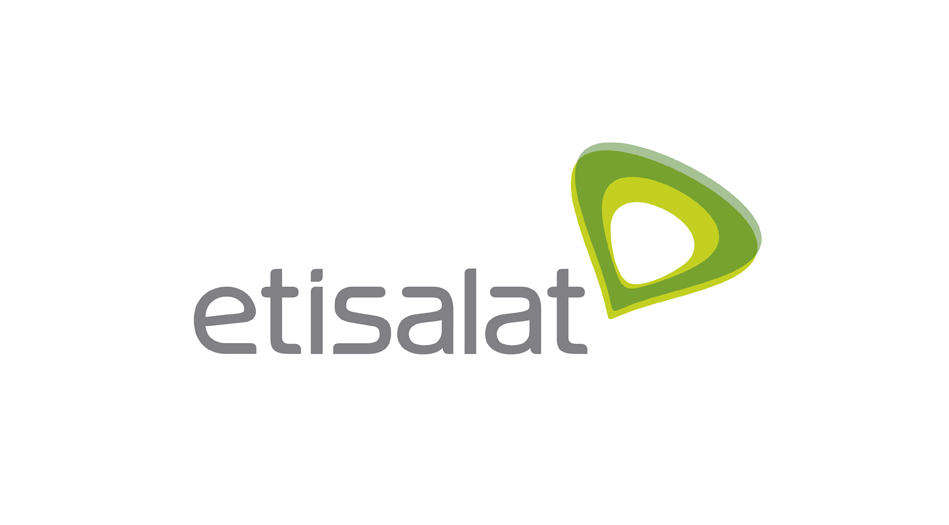Starting an online clothing business in Dubai offers a unique opportunity to tap into a thriving market known for its fashion-forward population and strategic location. With a growing e-commerce sector, the city provides a favorable environment for entrepreneurs looking to establish a digital storefront.
In this guide, we’ll walk you through the essential steps to launching your online clothing business in Dubai, from market research and legal requirements to branding and marketing strategies.
1. Conduct Market Research
Before diving into the online clothing business, it’s crucial to understand the market dynamics in Dubai. Conducting thorough market research will help you identify your target audience, assess the competition, and determine the latest fashion trends. Consider the following aspects:
- Target Audience: Define your target demographic, such as age group, gender, and lifestyle preferences. Dubai’s diverse population includes locals, expatriates, and tourists, each with unique fashion tastes.
- Competitor Analysis: Analyze competitors’ offerings, pricing strategies, and customer reviews. This will help you identify market gaps and opportunities.
- Fashion Trends: Stay updated on the latest fashion trends in the region to ensure your product offerings align with consumer preferences.
2. Choose a Niche and Product Range
Choosing a niche will help differentiate your brand in the competitive online clothing market. Some popular niches include:
- Modest Fashion: Dubai has a significant demand for modest clothing, including abayas, hijabs, and long dresses.
- Luxury and Designer Wear: Dubai is known for its luxury shopping culture, making high-end designer clothing a lucrative niche.
- Streetwear and Casual Wear: Targeting the younger demographic with trendy streetwear and casual outfits can be a profitable venture.
- Ethnic and Traditional Wear: Offer a range of ethnic clothing, such as Indian, Pakistani, and Arabic styles, to cater to Dubai’s multicultural population.
3. Register Your Business
To legally operate an online clothing business in Dubai, you’ll need to register your company and obtain the necessary licenses. There are two main options for business registration:
- Mainland Company: This option allows you to trade both within Dubai and internationally. It requires a local sponsor who owns 51% of the business.
- Free Zone Company: A free zone company allows 100% foreign ownership and provides tax benefits. However, trading within the UAE may be restricted, depending on the free zone.
Key steps in the registration process include:
- Business Name Approval: Choose a unique and appropriate business name that complies with Dubai’s naming regulations.
- License Application: Apply for an e-commerce license from the Department of Economic Development (DED) or the relevant Free Zone Authority.
- Office Space: While not mandatory for online businesses, having a physical office or warehouse can be beneficial for logistics and inventory management.
4. Set Up Your Online Store
Creating a user-friendly and visually appealing online store is crucial for attracting and retaining customers. Consider the following steps:
- Choose an E-commerce Platform: Select a reliable e-commerce platform like Shopify, WooCommerce, or Magento. These platforms offer customizable templates, secure payment gateways, and inventory management features.
- Website Design: Design a visually appealing website that reflects your brand’s identity. Ensure the site is mobile-responsive, as a significant portion of online shopping in Dubai is done on mobile devices.
- Product Photography: Invest in high-quality product photography to showcase your clothing items. Clear and professional images can significantly impact purchasing decisions.
- Payment and Shipping: Integrate secure payment gateways and offer multiple payment options, such as credit cards, PayPal, and cash on delivery. Partner with reliable shipping providers to ensure timely delivery.
5. Develop a Strong Brand Identity
Building a strong brand identity is essential for standing out in the competitive online clothing market. Focus on the following elements:
- Brand Name and Logo: Choose a memorable brand name and design a logo that resonates with your target audience.
- Brand Story and Values: Share your brand’s story, mission, and values on your website and social media channels. This helps build a connection with customers.
- Packaging: Invest in attractive and eco-friendly packaging to enhance the unboxing experience and create a positive impression.
6. Implement a Marketing Strategy
An effective marketing strategy is crucial for driving traffic to your online store and converting visitors into customers. Consider the following tactics:
- Social Media Marketing: Utilize platforms like Instagram, Facebook, and TikTok to showcase your products, engage with followers, and run targeted ad campaigns.
- Influencer Marketing: Collaborate with fashion influencers in Dubai to promote your clothing line and reach a broader audience.
- Email Marketing: Build an email list and send regular newsletters with product updates, promotions, and fashion tips.
- Search Engine Optimization (SEO): Optimize your website’s content for relevant keywords to improve your search engine rankings and attract organic traffic.
- Paid Advertising: Invest in pay-per-click (PPC) advertising on Google and social media platforms to increase visibility and drive sales.
7. Logistics and Inventory Management
Efficient logistics and inventory management are crucial for ensuring customer satisfaction. Consider the following:
- Inventory Management Software: Use inventory management software to track stock levels, manage orders, and forecast demand.
- Warehouse and Fulfillment: If you have a physical inventory, choose a suitable warehouse location and consider third-party fulfillment services for faster delivery.
- Returns and Exchanges: Establish a clear and customer-friendly returns and exchanges policy to build trust and encourage repeat business.
8. Legal Considerations and Compliance
Ensure your online clothing business complies with all relevant laws and regulations in Dubai. This includes:
- Consumer Protection Laws: Adhere to consumer protection laws regarding product quality, pricing, and returns.
- Data Protection: Implement measures to protect customer data and comply with data protection regulations.
- Trademark Registration: Register your brand’s trademark to protect your intellectual property.
9. Monitor and Analyze Performance
Regularly monitor your business’s performance using analytics tools to track website traffic, sales, and customer behavior. Use this data to make informed decisions and optimize your marketing strategies, product offerings, and customer service.
Conclusion
Starting an online clothing business in Dubai offers exciting opportunities for entrepreneurs looking to tap into a dynamic and fashion-conscious market. By conducting thorough market research, choosing the right business structure, setting up a user-friendly online store, and implementing effective marketing strategies, you can build a successful online clothing brand in this vibrant city. Remember to stay adaptable, keep up with the latest fashion trends, and prioritize customer satisfaction to thrive in Dubai’s competitive e-commerce landscape.









